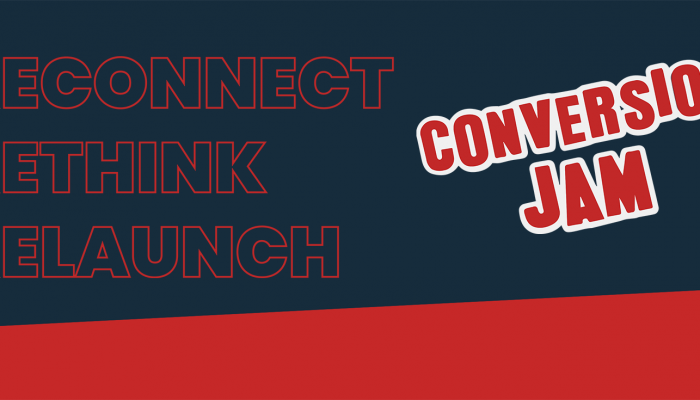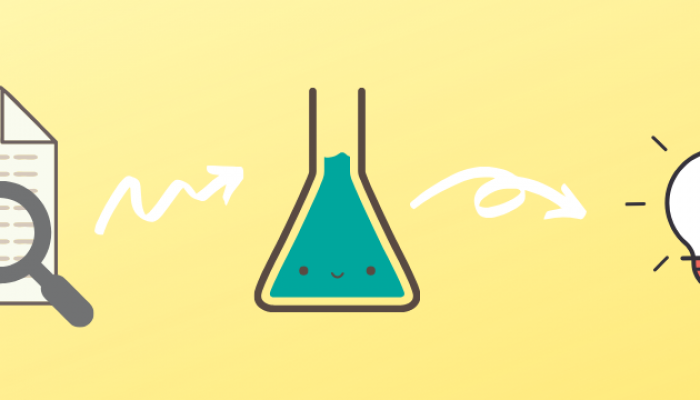Google recently made an announcement to sunset their Universal Analytics product by June 2023. This means companies who are currently using Universal Analytics (UA) and UA360 to track their visitors will now need to migrate to Google Analytics 4 (GA4) by next year. This announcement, as expected, has ignited a flurry of reactions and some not so pleasant backlash.
I read multiple blogs in regards to this topic, but the most sensible thought process is by Adam Greco in his Amplitude blog titled ‘Answering Questions Around Google Analytics Sunset & GA4’. He intelligently analyses the reasons why Google decided to go ahead with this shift including the need to move to an event based data model. But the most important point he mentions is about the process itself. According to him, the migration from UA to GA4 isn’t as simple as flipping a switch. The reason being the underlying data architecture in GA4 is completely different from Universal Analytics.
What this means is that for most companies the GA4 upgrade will be a new implementation. So if an organisation is going to invest time and effort in migrating to GA4, then this is a great time to explore options. And one of the alternatives that I am going to talk about a little bit more is Adobe Analytics. Adobe Analytics is a great digital analytics tool for companies of varied size and in a multitude of domains including finance, hospitality, retail, airlines, entertainment, consulting etc.
Also, Gartner for the last 5 years has been consistently ranking Adobe as a leader in the Digital Experience Platforms quadrant, and Adobe Analytics is a part of the Platform.
I will list down a few reasons why I think Adobe Analytics is a choice to be considered when evaluating different tools.
Reason # 1: Event driven analytics
Adam Greco in his blog mentioned that Google’s shift to GA4 is due to the limitation of Universal Analytics to correctly track today’s complex visitor behaviour and applications. I concur with it completely. Digital analytics is no longer about just tracking page views and sessions. It is about tracking and analysing the events and actions that users perform in an app or a website. It is about understanding visitor behaviour and the action they take combined with their demographic data. This method is named Event Driven Analytics.
Adobe Analytics helps organisations to capture visitor events that are in line with their business KPIs. And it then combines these events with a multitude of dimensions, in a way that is easy and intuitive with its Analysis Workspace tool. All of this without needing any extra investment in a business intelligence tool.
Reason # 2: Analysis Workspace
While one aspect of digital analytics is about capturing data, the other important part is being able to make sense of it in an insightful and user-friendly way. That’s where business intelligence tools like Power BI or Tableau lead the market. But then there is an entirely different aspect of enabling connections, and training resources which leads to more work.
This is the gap that Adobe Analytics has fixed with its Analysis Workspace offering. I can’t go highly wrong claiming that Analysis Workspace is a jewel in the crown for Adobe Analytics. The tool is a visualisation, dashboarding and reporting tool baked right within a single interface. It makes data analysis and visualising a breeze, and allows any user in an organisation to dive deep into data with absolute ease, with little to no formal training. It helps an analyst to uncover anomalies and actionable insights much faster, thereby increasing adoption of digital analytics in an organisation.
Reason # 3: Unsampled data
Data sampling is the practice of selecting a representative subset of data points to identify patterns and trends in the larger data set. Adobe Analytics has no concept of data sampling. It runs your reporting query against the entire dataset and returns the result at super speed via Analysis Workspace.
What this means is that Adobe Analytics prevents an organisation from experiencing a phenomenon we refer as sampling error.
Reason # 4: Ease of segmentation
Any organisation that looks at its digital analytics data in aggregate is missing out on insights that comes with creating segments – grouping visitor data on certain parameters. This is another place where Adobe Analytics simply outshines its competitors.
Due to its inherent data model, Adobe Analytics provides highly useful segmentation capabilities with a nifty feature called the segment builder. The tool allows creating segments using visitor, visit and hit level scopes and does it fairly easily. It also provides the ability to apply sequential logic using a ‘then’ condition, and not limit analysis with the standard ‘and/or’ combination. But that’s not all. Segment builder can create really complex segments by nesting multiple segments. The highlight of the tool is the ability to create segments with just a right click by selecting multiple values from the reporting interface.
Reason # 5 : Expert Support
One of the most helpful aspects of procuring an Adobe Analytics licence is knowing that it is supported by a dedicated and responsive Customer Support team. What this means is that any authorised user from an organisation can reach out for help to the Support team through email, chat or phone.
Every organisation also gets a shared or dedicated Customer Success Manager (CSM) whose sole purpose is to make the client successful. The CSM has the authority to escalate high priority cases and to ensure that proper support is provided when needed. This is really a great assurance for organisations as they are not left to fend for themselves or scour the internet for expert support when faced with any kind of trouble.
Conclusion
When it comes to Adobe Analytics one of the most common feedback that I have heard is that Adobe Analytics is hard to implement and harder to use.
Yes, Adobe Analytics does require a certain level of organisational alignment. It requires deep involvement of business stakeholders, marketing and the IT team to be implemented in a way that generates insightful analysis and long term returns. It needs the analysts to be enabled before they are able to dig deeper and draw insights from the data. But if the above points are considered, then we realise that Adobe Analytics is not just a reporting tool. It is made for data analysis. It helps organisations to report and reason the data. And its real value comes from being able to visualise and validate critical business decisions before and after they are executed. To be able to achieve these objectives, an organisation will need to invest time and resources.
If your organisation is evaluating alternatives to GA, or is in midst of planning to migrate from UA to GA4, feel free to email us at [email protected]. Our team of experts can schedule a discussion on how we can help you evaluate which tool is most suitable for your business and help you with a smooth transition.
Invitation to Join Nordics Adobe Analytics User Group

We’d also like to welcome you to join the first ever Nordics Adobe Analytics User Group (Nordics AAUG) chapter. Adobe Analytics User Groups (AAUGs) are customer-led groups intended to help individuals succeed with using Adobe Analytics. AAUGs aim to bring together regional Analytics users in person and/or virtually to create open and inclusive communities in order to network, collectively problem-solve, and provide ongoing education. Now you have your very own Nordic Adobe Analytics User Group. And it is ready for a launch.
RSVP yourself today for the inaugural meeting! Bring your questions and your expertise as we hear from a great line-up of speakers. The first virtual kick-off is scheduled on June 16th at 4 PM CEST and here’s the agenda:
- Welcome from Ritesh Gupta, Nordics Adobe Analytics User Group Leader
- Introduction to the Adobe Analytics User Groups by Chase Wagner, Customer Marketing Manager – Adobe User Groups
- Session by Eric Matisoff, Principal Evangelist, Analytics and Data Science, Adobe
- Q&A with all speakers
Make sure you sign up for both the chapter and the event and feel free to share both with your friends and peers! Thank you for your time. I hope it added some value to your day.


